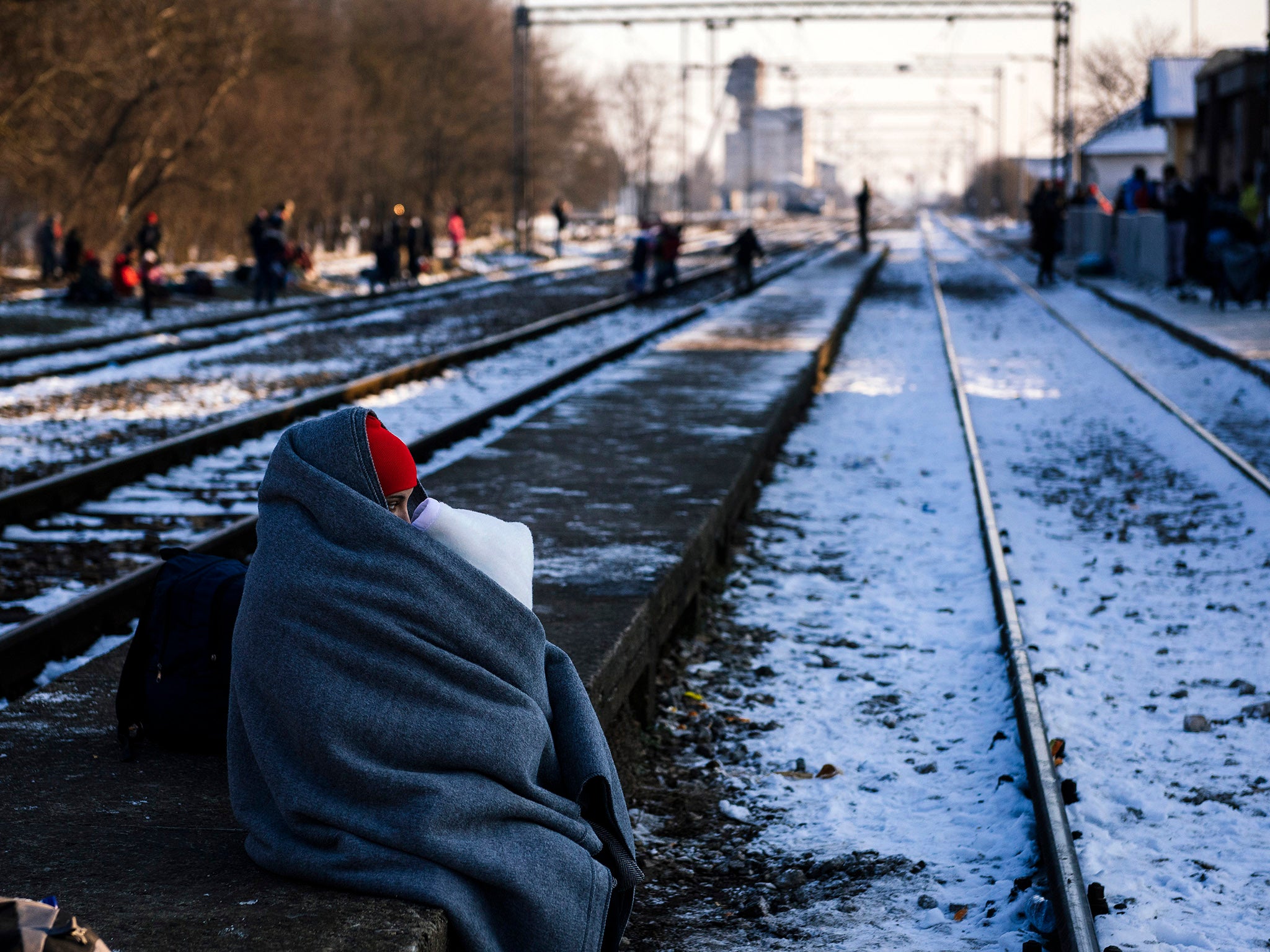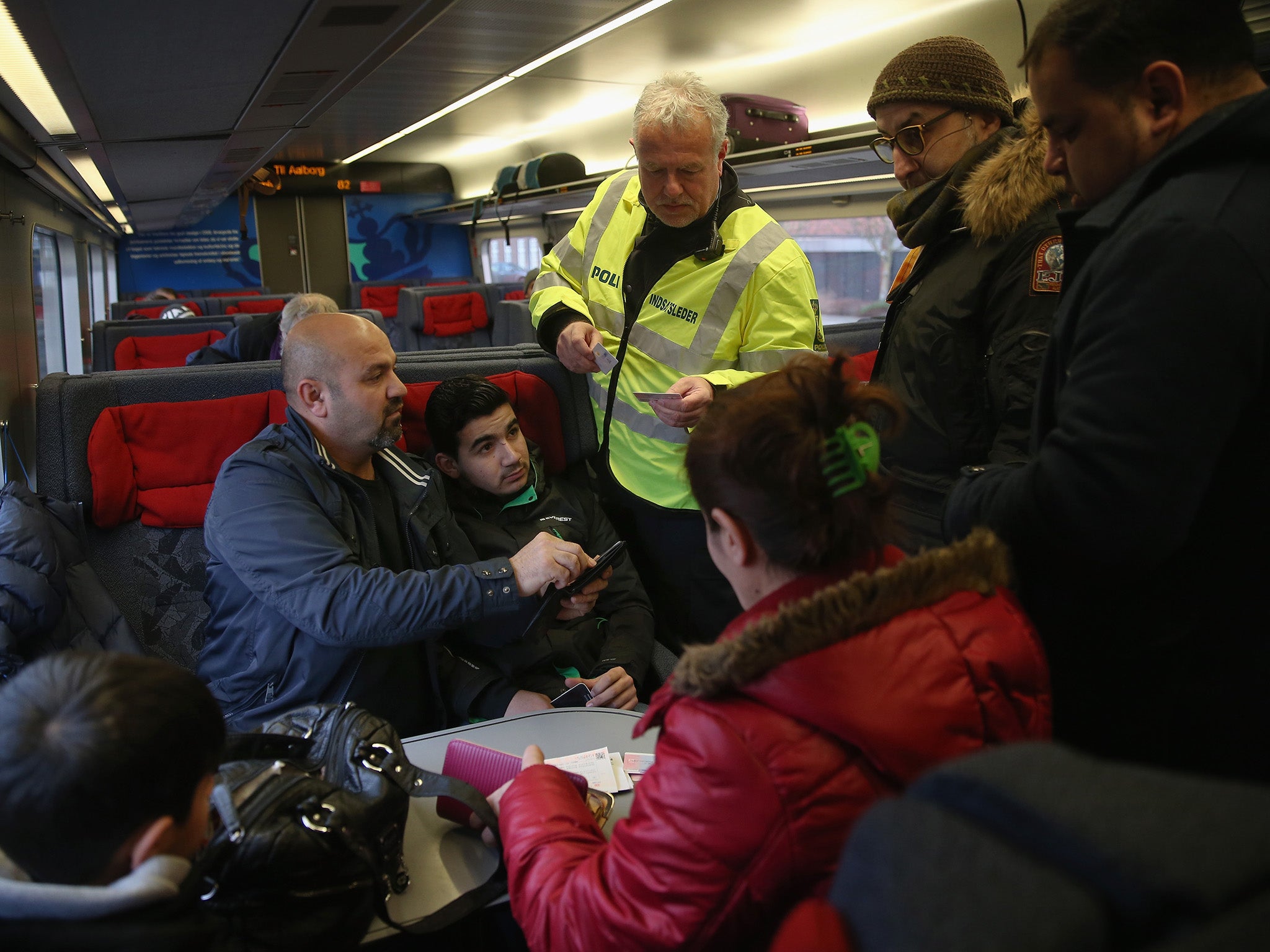Refugee crisis: Amsterdam talks put Schengen agreement on brink as EU states reimpose border controls
Dutch migration minister Klaas Dijkhoff says time has already run out for the passport-free zone

The future of Europe’s passport-free travel zone is reportedly hanging in the balance as EU ministers are on the verge of agreeing to suspend it for two years in response to the refugee crisis.
After the meeting in Amsterdam on Monday, the Dutch migration minister, Klaas Dijkhoff, said the member states would ask the European Commision for permission to extend border controls from May onwards if they cannot stem the flow of refugees from the Middle East and Africa.
Some ministers have said the move would force more refugees to claim asylum in the first safe country they reach - as they are supposed to under the terms of the Dublin Regulation.
This would mean many more refugees staying in countries like Greece - where more than 40,000 people have already arrived by sea from Turkey this month, despite a deal with its government to limit the numbers.
Greek officials said closing borders would not stop the refugees, but northern governments - Germany's in particular - are under increasing political pressure to restrict the influx of refugees.
EU Migration Commissioner Dimitris Avramopoulos urged member states to put the controls designed to limit refugee numbers into practice or else they would be “running out of time” to save the 30-year-old Schengen zone.

But Mr Dijhoff believes time had already run out: "The 'or else' is already happening," he said. "A year ago, we all warned that if we don't come up with a solution, then Schengen will be under pressure. It already is."
The European Commission - the EU’s ruling body - can allow countries to reimpose controls for six months no more than three times until May 2018.
It is currently conducting a review on whether Greece’s failure to process refugees within its borders was a "persistent serious deficiency" on an external EU border, which would allow member states to reimpose restrictions on people coming from the country.
Sweden's interior minister Anders Ygeman said: "In the end, if a country doesn't live up to its obligations, we will have to restrict its connections to the Schengen area.
"Speaking about timetables, it's already too late. We have seven countries with border controls."
Additional reporting by Reuters
Join our commenting forum
Join thought-provoking conversations, follow other Independent readers and see their replies
Comments